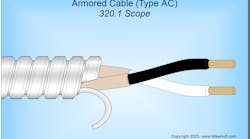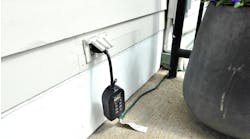Informative Annexes in the back of NFPA standards are immensely helpful. In this vein, NFPA 70E is no exception.
Consider Informative Annex Q. Human Performance and Workplace Electrical Safety. This Annex exists to address the finding by high-risk industries that human error is often a root cause of incidents.
This annex lists the hierarchy of six control methods that either reduce the likelihood of an incident or prevent or mitigate the severity of consequence if an incident occurs. A key point made in this Annex is “No control is infallible.” All controls are subject to errors in human performance regardless of which phase the control exists (e.g., design phase).
The idea here is to manage human error in a way that is complementary to the hierarchy of six risk control methods:
- Eliminating the hazard.
- Substituting other materials, processes, or equipment
- Using engineering controls.
- Establishing systems that increase awareness of potential hazards..
- Setting administrative controls (e.g., training, procedures, instructions, and scheduling).
- Using PPE. This also means including measures to ensure appropriate selection, use, and maintenance.
To address human error fully, you must consider organizational, leader, and individual performance. Your objective must be to identify and address human error and its negative consequences on people, programs, processes, the work environment, the organization, and the equipment. That is a tall order, and Informative Annex Q will help you rise to the challenge.




